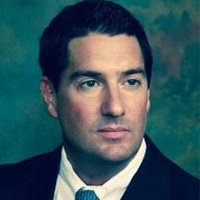Branford DUI-DWI Lawyer, Connecticut
Sponsored Law Firm
-
 x
x

Click For More Info:
-
Law Office Of Jason C. Goddard, LLC
363 Main Street 4th Floor Hartford, CT 06106» view mapCriminal Defense Law Working Relentlessly For You
Attorney Jason C. Goddard is an experienced criminal defense lawyer who has handles serious criminal cases in Connecticut, New York and CT District Court.
800-739-1160
Scott Leventhal
✓ VERIFIEDDUI-DWI, Accident & Injury, Criminal, Workers' Compensation
Representing the accused and the injured since 1957. We understand that sometimes good people make mistakes. The story of the LoRicco family and t... (more)
Kevin Murray Smith
Criminal, Civil & Human Rights, DUI-DWI, Felony, Misdemeanor
Status: In Good Standing Licensed: 17 Years
FREE CONSULTATION
CONTACTJohn J. Keefe
Workers' Compensation, Family Law, DUI-DWI, Criminal
Status: In Good Standing Licensed: 44 Years
Paul V. Carty
Family Law, Divorce, DUI-DWI, Medical Malpractice
Status: In Good Standing Licensed: 39 Years
 Jason Goddard Hartford, CT
Jason Goddard Hartford, CT AboutLaw Office Of Jason C. Goddard, LLC
AboutLaw Office Of Jason C. Goddard, LLC Practice AreasExpertise
Practice AreasExpertise

